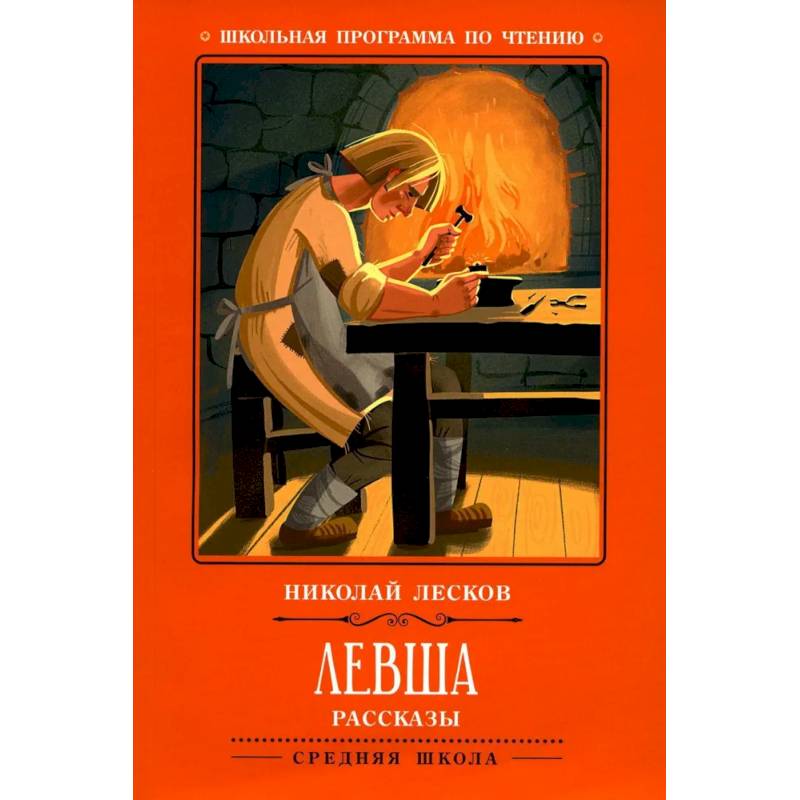Lefty: stories
Please sign in so that we can notify you about a reply
Nikolai Semenovich Leskov (1831-1895)-Russian writer and publicist, author of stories and stories “Tuple Artist”, “Imprinted Angel”, “Lady Macbeth of Mtsensk district”, “Enchanted Wanderer”, “Hare Remic”, “Midnights”, Romanov “There is nowhere” and “on knives”, the Chronicles of the “Soboryans” and others was born in the village of Gorokhovo, Oryol district (now Sverdlovsk region) in the family of the daughter of an impoverished nobleman and a former seminar, who became an employee of the criminal chamber. Leskov himself served in court, but the investigator, like his father, did not, carried away by icon painting, the Old Believers, and then entering a private company, for which he traveled half-Russia, getting acquainted with the language and life of the country. Leskov’s writer"s activity began with essays and articles in the St. Petersburg publications “Domestic Notes”, “Russian Speech”, “Northern Bee” and others, and at 32 he debuted as a writer. Already in the first stories, Leskov’s original humor, his unique style, was manifested - a kind of special tale, which is so vividly highlighted in the famous “Left”. This story was based on a gun legend about how the British made a flea from steel, and our Tulas knocked it out and sent them back. The funny bike about the victory of the Russian masters over the English lift to the tragedy of the epic, and the unforgettable language, “the language is cheerful and funny”, poured with the hools of virtuoso mergers of Russian and foreign words, made by the left -handed person in the name of the household. “Pygmy”, like “Left”, is a portrait of the righteous cycle, conceived by Leskov as a gallery of “good people” and tells of a “little man”, unexpectedly capable of a great disinterested business. In a different-Gothic style, the Holy Story “Ghost in the Engineering Castle” is written, but from mystically Suvenic it grows into a picture of mercy and love, a picture of the transformation of the human soul. Leskov’s work was often criticized during the life of the author, and after the 1917 revolution, alas, it was lost for a long time for the reader, returning only at the end of the 20th century and still without losing his relevance
Author:
Author:Leskov N.
Cover:
Cover:Soft
Category:
- Category:Children's Book
- Category:Fiction
- Category:Historical Literature
- Category:Modern Literature
- Category:Poetry & Literature
Publication language:
Publication Language:Russian
Paper:
Paper:Offset
Age restrictions:
Age restrictions:7+
ISBN:
ISBN:978-5-222-38290-5
No reviews found
